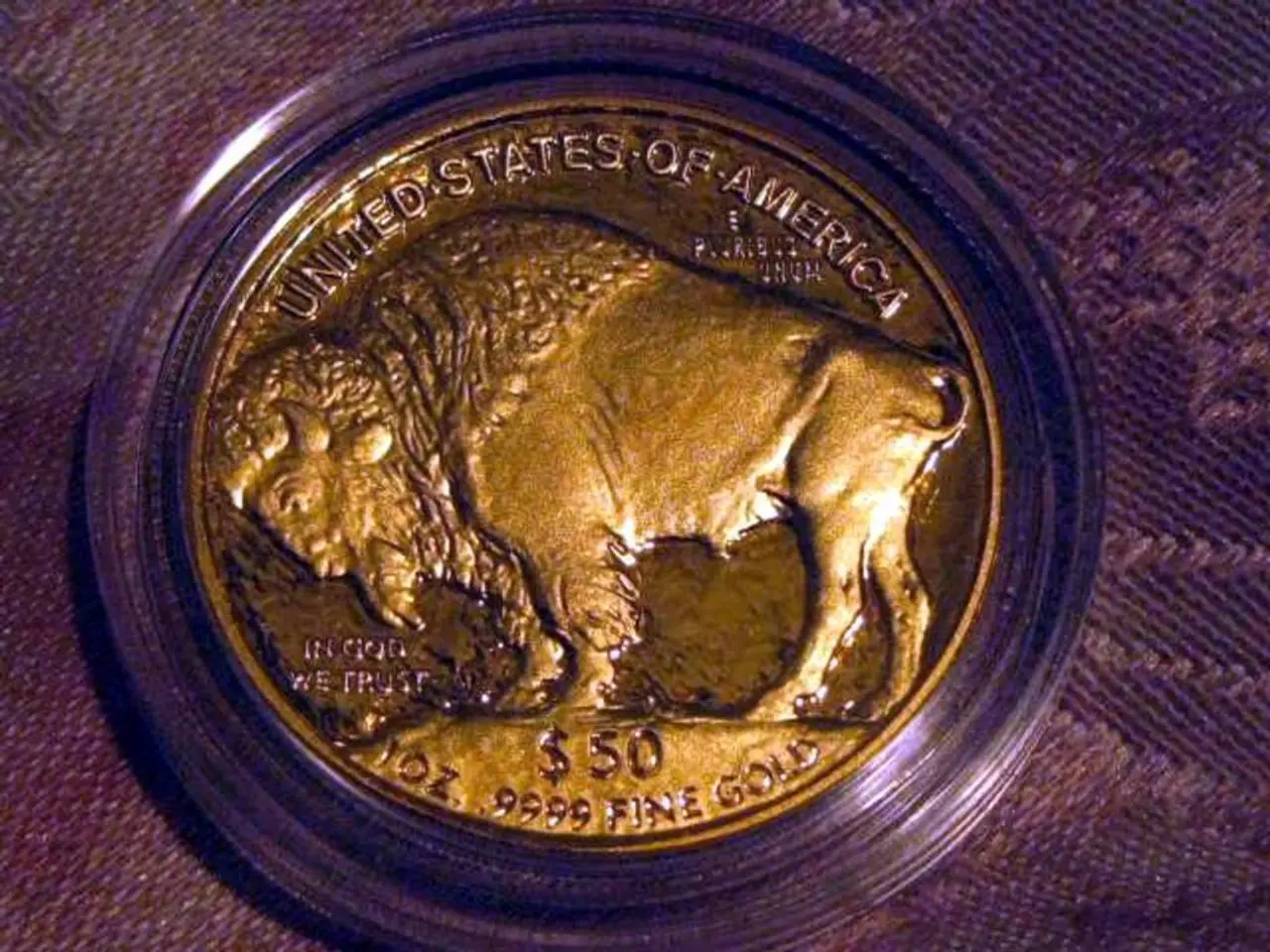Economic struggles: Federal Reserve reduces borrowing costs
The Federal Reserve, the central banking system of the United States, has made a significant move by cutting interest rates for the first time in nearly a year and a half. This decision comes amidst intense political pressure and uncertainty about the future independence of the Fed.
The rate cut, which now ranges from 4.0 to 4.25 percent, is expected to stimulate the economy, make loans cheaper for businesses and consumers, and potentially create jobs. However, the extent to which the White House's pressure influenced this decision is uncertain.
U.S. President Trump has repeatedly pushed for interest rate cuts, aiming to boost the economy, make homeownership easier for Americans, and reduce the interest burden on the national debt. Yet, the Federal Reserve Board has acted cautiously in the face of rising inflation. Trump has even labeled Fed Chair Powell a "fool" due to his resistance to interest rate cuts.
The stricter naturalization test has been reinstated in the USA for those seeking U.S. citizenship, a move that may impact immigration and potentially the labor market. The employment growth figure for the 12 months up to March 2025 was revised down by a total of 911,000 jobs, raising concerns about the health of the U.S. labor market.
In a recent development, U.S. President Trump nominated Judy Shelton to the Federal Reserve Board. Meanwhile, Fed Governor Lisa Cook is fighting back legally against the dismissal initiated by Trump, and recently won a victory in a U.S. appeals court.
Elizabeth Warren, a Democratic Senator, has accused Stephen Miran, a member of the Federal Reserve's monetary policy committee, of being "Trump's puppet" and questioned his independence. Despite this, Miran promised to "preserve" the independence of the central bank.
Interestingly, only one member of the Federal Reserve's monetary policy committee, Stephen Miran, voted for a larger interest rate cut. This suggests a divided opinion within the committee regarding the appropriate course of action.
The rate cut reduces the attractiveness of the U.S. dollar, strengthening the euro. This could potentially benefit European tourists traveling to the U.S., as their currency would go further.
As the political landscape continues to evolve, the future of the Federal Reserve and its monetary policy remains uncertain. The role of political influence in the Fed's decisions and the independence of its members are questions that continue to be debated.




